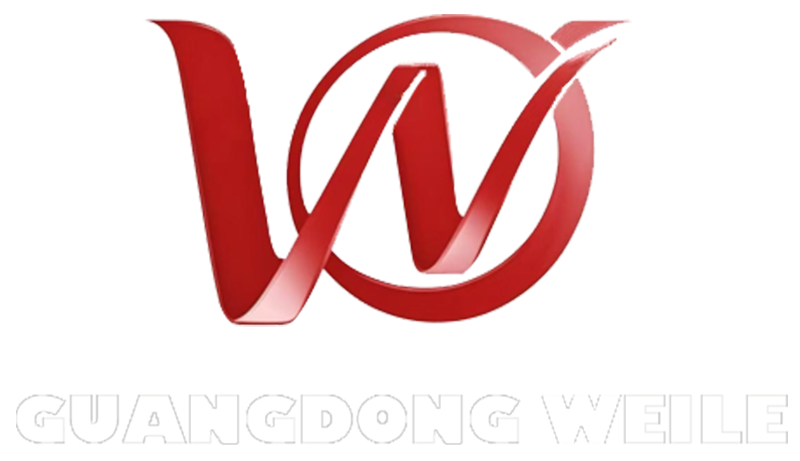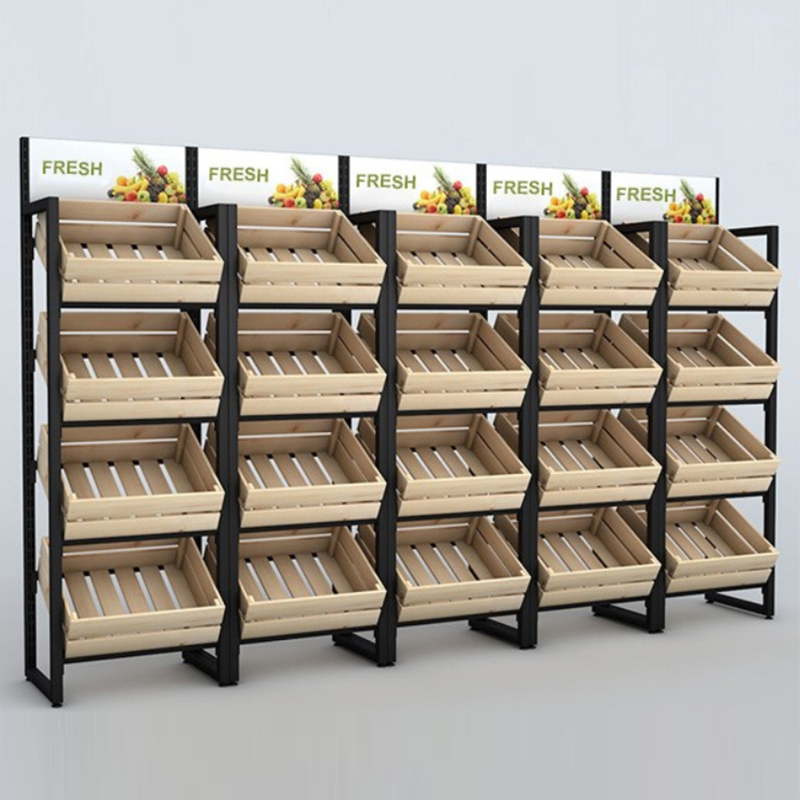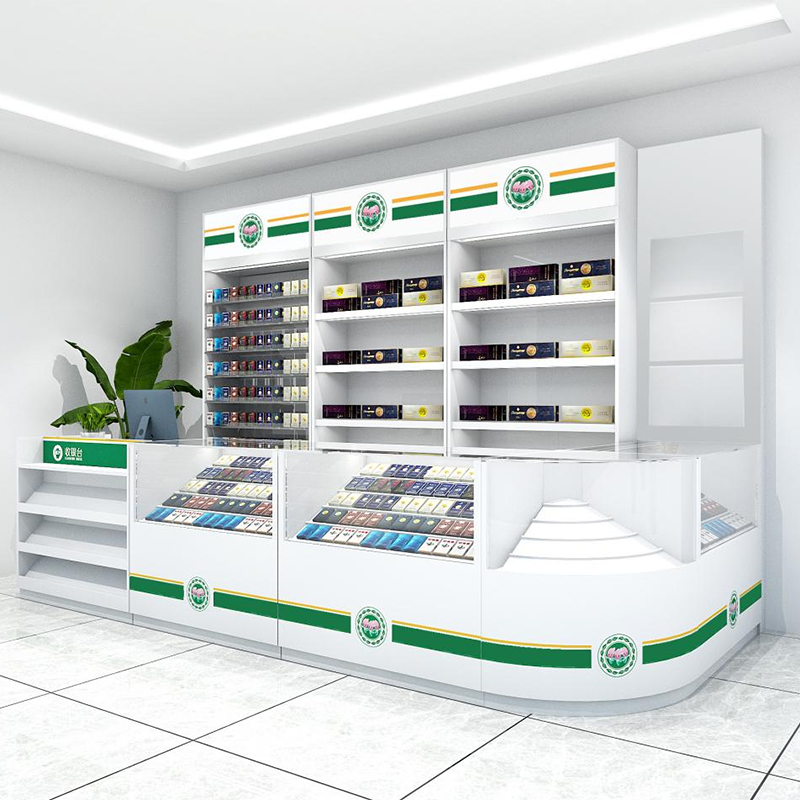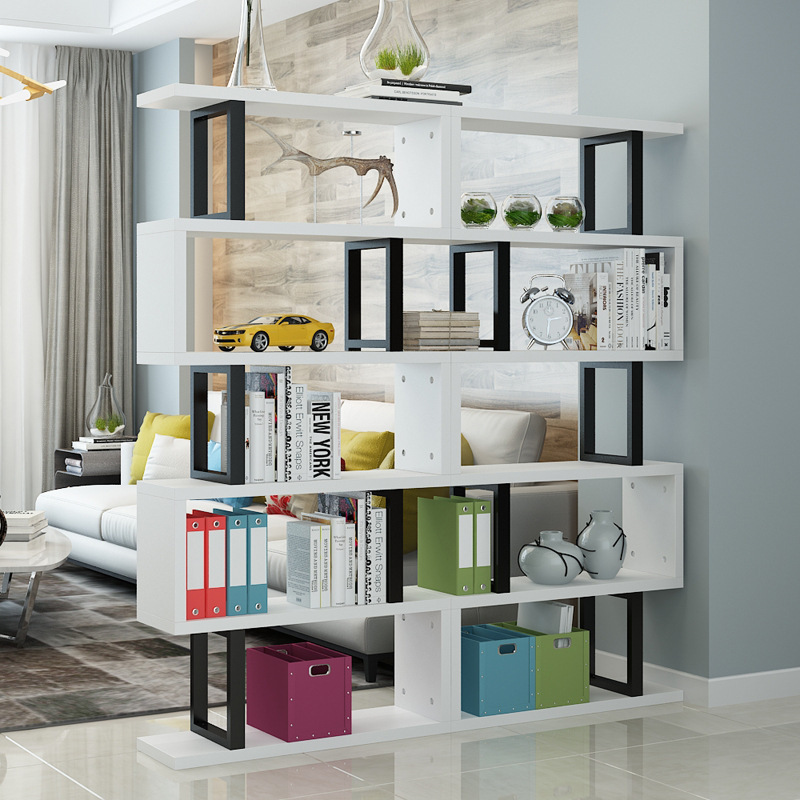On August 23, 2025, as the tropical depression in the South China Sea upgraded to Typhoon No. 13 "Jianyu", a race against the strong typhoon began across South China. As a key manufacturing enterprise in Huangpu Town, Zhongshan City, Guangdong Province, Guangdong Weile Environmental Protection Technology Co., Ltd. immediately activated its emergency response plan upon receiving the government's level IV typhoon prevention alert, with the determination of "better to be safe than sorry", to ensure the production progress of 3,000 sets of display cabinets. This proactive defense campaign not only tested the company's emergency response capabilities but also demonstrated the responsibility of the manufacturing industry in safeguarding the stability of the industrial chain.
I. Precise Judgment: Laying the First Move of Defense
From the moment Typhoon "Jianyu" formed, its rapid intensification drew the attention of meteorological departments. Central Meteorological Observatory data showed that the typhoon moved at a speed of 25 kilometers per hour, with the maximum wind force near the center reaching 14 on the Beaufort scale, and the 12th-level wind circle covered areas such as Sanya, Hainan. Although meteorological forecasts indicated that the typhoon might head towards Vietnam, the provincial flood control headquarters still initiated a level IV typhoon response on the 23rd, requiring coastal cities to prepare for the "wind, rain, waves, and tides" convergence.
Facing this "close call", Guangdong Weile promptly established an emergency command center, led by General Manager Wu Bingkun, with the production, safety, and logistics departments working together. By connecting with real-time warning information from the Zhongshan Meteorological Bureau, the company was able to grasp the typhoon's path 48 hours in advance and, based on the geographical characteristics of its factory at No. 18 Guangxing Road, formulated a three-principle plan: "personnel safety first, equipment protection priority, and flexible adjustment of production."
II. Comprehensive Defense: Weaving a Dense Safety Net
During the golden preparation period before the typhoon's landfall, Weile Environmental Protection carried out all-round defense deployments:
Infrastructure reinforcement: Organized professional teams to conduct wind pressure tests on the factory's roof and windows, and added anti-wind cables to the weak points of the steel structure factory; installed waterproof covers on the distribution boxes and motors in the production workshop to ensure the stable operation of the power system during heavy rainfall.
Emergency material reserves: Prepared flood control materials such as diesel generators, drainage pumps, and sandbags according to the "three-day full-load operation" standard, and equipped satellite phones and first-aid kits to ensure communication and medical support in extreme situations.
Production process optimization: For the production line capable of manufacturing 40,000 sets of display cabinets annually, the key processes of the 3,000 sets of orders were modularly decomposed in advance. By increasing night shift capacity and adjusting the structure of raw material inventory, 70% of the cabinet frame processing was completed during the typhoon warning period, leaving buffer space for subsequent processes.
Personnel emergency drills: Conducted "power and network outage" scenario simulation drills, clarifying the emergency responsibilities of each position. Focused on training the electrician team to quickly switch to backup power and the warehouse team to transfer vulnerable raw materials, ensuring that all 20 on-duty employees were familiar with the emergency plan.
III. Dynamic Response: Activating the Production Stabilizer
On August 24, when Typhoon "Jianyu" swept past Sanya, Hainan with 14-level winds, the production workshop of Weile Environmental Protection remained brightly lit. By implementing a "three-shift rotation" system, the company completed the assembly of all cabinet frames before the typhoon's landfall, securing valuable time for subsequent processes such as spraying and quality inspection.
During the critical 48 hours of defense, the company adopted a "three stops and three non-stops" strategy:
Stop outdoor work and logistics but not production: Paused outdoor operations and logistics but ensured the continuous operation of core processes such as sheet cutting and hardware processing by using the indoor storage area.
Stop power supply but not machines: Diesel generators automatically started when there were power fluctuations, ensuring the stable operation of key equipment such as the spraying line and CNC machines.
Stop construction but not maintenance: Suspended construction but continued maintenance work to ensure the safety and integrity of the factory and equipment. No suspension of duties despite production halt: Key employees were arranged to stay on-site 24/7, and the factory area was monitored in real-time through video surveillance systems. A "Typhoon Defense Daily Report" mechanism was also established to update clients on production progress every day.
It is worth noting that the company, in response to the environmental protection requirements in the production of display cabinets, strengthened the inspection of wastewater treatment facilities. By establishing an emergency response mechanism with third-party treatment agencies, it ensured that production wastewater was properly treated during the typhoon, avoiding the risk of environmental pollution caused by heavy rain.
4. Turning danger into safety: Forging the "hard power" of development
On August 25th, as Typhoon "Jebi" gradually moved away from the Beibu Gulf, good news came from the production line of Weile Environmental Protection: 85% of the 3,000 sets of display cabinets orders had been completed, and the packaging process was initiated 12 hours ahead of schedule. The victory of this defense battle was attributed to three core supports:
Digital empowerment: Through the MES system, production progress was monitored in real-time, and the production rhythm of each process was dynamically adjusted, keeping the equipment utilization rate above 85% during the typhoon.
Supply chain resilience: A "Typhoon Mutual Protection Agreement" was established with local suppliers to prioritize the supply of key raw materials when logistics was disrupted, ensuring that the production line did not stop due to material shortages.
Government-enterprise collaboration: Actively responding to the government's "Typhoon Prevention Work Notice", production data was reported to the Huangpu Town Emergency Office every day, and strong support was received in terms of power allocation and traffic control.
When the typhoon alert was lifted, the company received a confirmation letter from the client: "Your actions have demonstrated the reliability of 'Made in China'." Behind this recognition were the 20 employees who had been on duty for 72 consecutive hours, the equipment maintenance plan completed 30 days in advance, and the company's long-term commitment to safety production.
5. Long-term improvement: Building a "firewall" for safety
Although Typhoon "Jebi" did not directly hit Guangdong, this defense battle served as a wake-up call for the company. At the summary meeting, the company's management proposed three improvement measures:
Technical upgrade: Plan to invest 500,000 yuan to upgrade the power system, connecting key equipment to a dual-circuit power supply network and adding intelligent weather warning terminals.
Plan iteration: Based on this experience, improve the response plan for the superimposed disaster of "typhoon + heavy rain", with a focus on enhancing the unblocking of underground pipelines and the renovation of drainage systems.
Employee empowerment: Launch a "Full-Staff Emergency Skills Certification" program, requiring all production personnel to master at least three emergency response skills, and organize practical drills every quarter.
This battle against the typhoon ended with "zero accidents and zero delays". It not only verified Weile Environmental Protection's "customer-centric" business philosophy but also became a vivid practice of enhancing modern governance capabilities. As General Manager Wu Bingkun said at the summary meeting: "The typhoon may pass by, but there can be no room for complacency in safety production. We will take this defense battle as an opportunity to transform emergency response capabilities into development momentum and contribute more to the high-quality development of the manufacturing industry in the Greater Bay Area."
As the shadow of Typhoon "Jebi" gradually dissipated, the production line of Weile Environmental Protection roared to life again. In this battle without gunsmoke, the company demonstrated the resilience of "Made in China" with responsibility and commitment, and forged the hard core strength to resist risks through the baptism of wind and rain. This might be the spiritual code that keeps Chinese manufacturing standing firm in the global industrial chain - the more uncertainty there is, the stronger the power to safeguard certainty.




